United States, Feb 22, (V7N) - M23 fighters continued their rapid advance on multiple fronts in the eastern Democratic Republic of Congo (DRC) on Friday as the UN Security Council, for the first time, explicitly called on Rwanda to cease its support for the armed group and withdraw its forces from Congolese territory.
The M23 movement, allegedly backed by around 4,000 Rwandan troops according to UN experts, now controls vast areas of the conflict-ridden and resource-rich eastern DRC. The rebel group's latest territorial gains have displaced thousands of civilians, exacerbating an already dire humanitarian crisis. Fighters seized the South Kivu provincial capital, Bukavu, last Sunday, mere weeks after capturing Goma, the capital of North Kivu and the main city in eastern Congo.
In a unanimously adopted resolution on Friday, the UN Security Council "strongly condemns the ongoing offensive and advances of the M23 in North Kivu and South Kivu with the support of the Rwanda Defense Forces." The resolution further "calls on the Rwanda Defense Forces to cease support to the M23 and immediately withdraw from DRC territory without preconditions."
Previous Security Council resolutions had urged an "immediate and unconditional ceasefire" from all parties involved. However, for the first time, all member states, including the three African nations on the Council, directly blamed Kigali for its role in the escalating violence.
M23's advances have now secured control over Lake Kivu, an important strategic asset, following their swift offensive. According to UN estimates, over 50,000 Congolese refugees have fled the ongoing violence, seeking asylum in Burundi, Uganda, and other neighboring countries.
In response to the worsening crisis, the European Union on Friday summoned Rwanda's ambassador to demand an immediate withdrawal of Rwandan troops and an end to their backing of M23. Meanwhile, US Secretary of State Marco Rubio, in a call with Kenyan President William Ruto, reiterated the need for an immediate ceasefire, stressing that "there is no military solution to the conflict."
Since the fall of Bukavu, Congolese government forces have largely retreated without putting up significant resistance. "Almost no Congolese soldiers are fighting," an observer noted on Friday. "The only ones still engaging M23 are the Wazalendo militia," a pro-Kinshasa armed group.
The situation remains highly volatile in Masisi, a key North Kivu town, where daily clashes between M23 and Wazalendo fighters persist, according to medical charity Médecins Sans Frontières (MSF). The rebel group is also advancing toward Uvira, a strategic town near the Burundi border and the northwestern tip of Lake Tanganyika, an essential escape route for fleeing Congolese soldiers.
A source in Uvira's local administration stated on Friday that the military commander had "implemented measures to secure the population and their property" and confirmed that "undisciplined elements had been arrested." However, reports from the ground indicate widespread chaos, with hundreds of soldiers and their families hastily crossing the town on foot to reach the port.
Amid the turmoil, at least 423 inmates escaped from Uvira prison, and armed men looted the residence of the town’s bishop, exacerbating lawlessness in the region.
On the northern front, where the situation had remained relatively stable since December, M23 fighters have now positioned themselves just 14 kilometers (9 miles) from Lubero, a crucial town. Some Congolese soldiers have abandoned their posts and fled, while others have been accused of looting shops and robbing civilians.
"The Congolese soldiers we encountered on the road stole our phones, money, and belongings," recounted Aline Nyota, a displaced person fleeing Lubero for safer areas further north. "If you hesitate, they shoot."
The Congolese army spokesperson in the region issued a stern warning to retreating soldiers, urging them to "return to their authorities" and to "avoid looting, extortion, and sexual violence."
With tensions rising, traders in Lubero have cleared their shops, schools have closed, and civilians brace for further unrest. A temporary calm returned on Thursday night following the intervention of Ugandan troops, deployed as part of a joint operation with the Congolese military.
However, questions remain about Uganda’s role in the conflict. Analysts are uncertain how the Ugandan army would respond if it directly encountered M23 forces. Uganda has been accused by UN experts of maintaining ties with the rebel group while simultaneously seeking to maintain its regional influence.
On Friday, Ugandan President Yoweri Museveni denied allegations that his forces intended to engage in combat against M23, raising concerns about Kampala’s true stance in the ongoing crisis.
END/WD/RH/



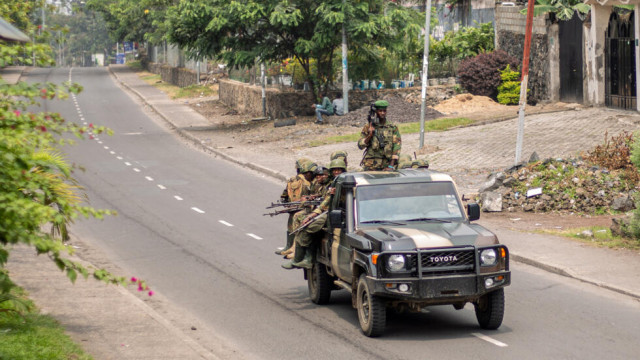
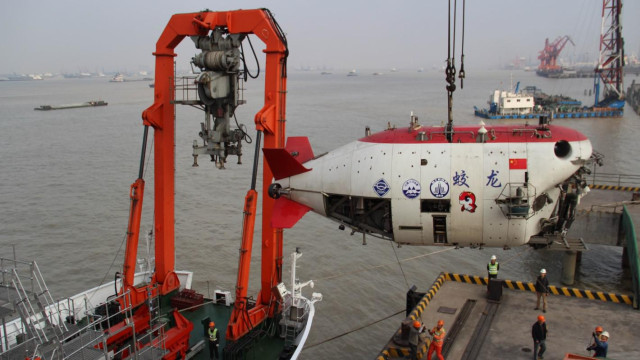
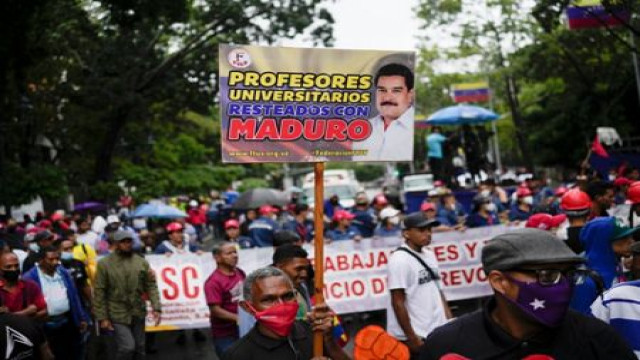
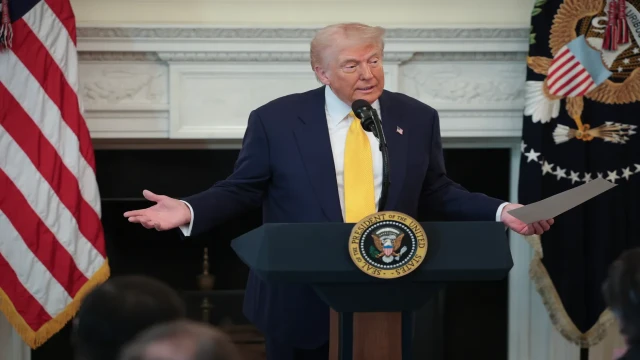

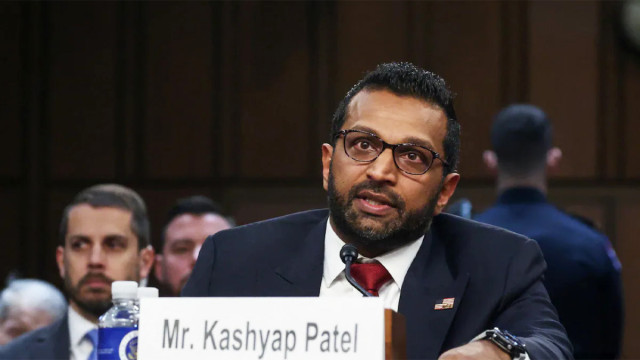

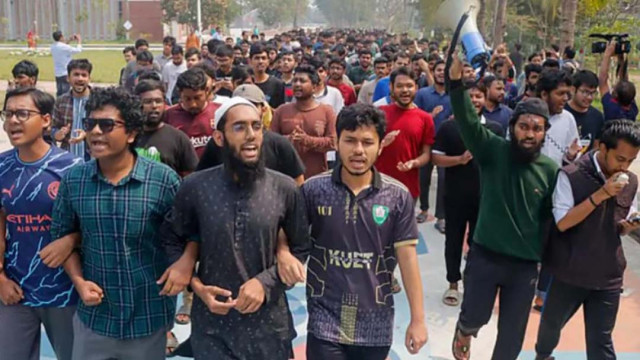

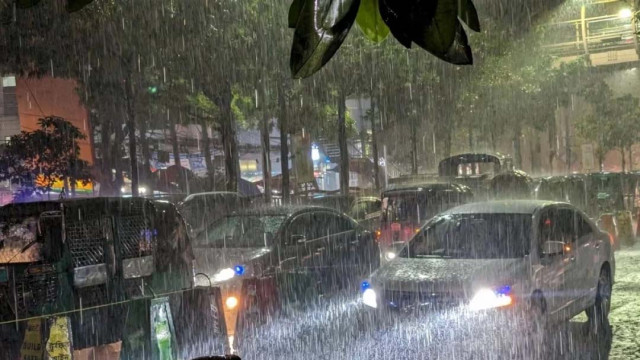
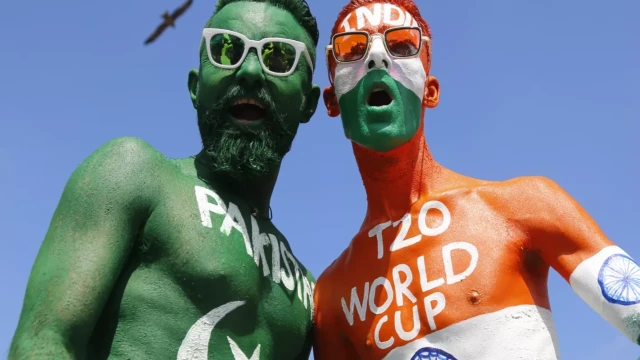
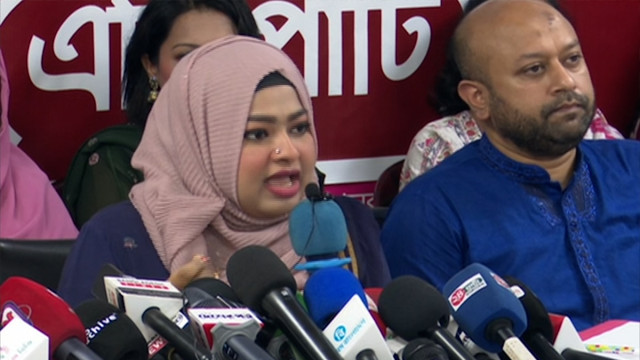


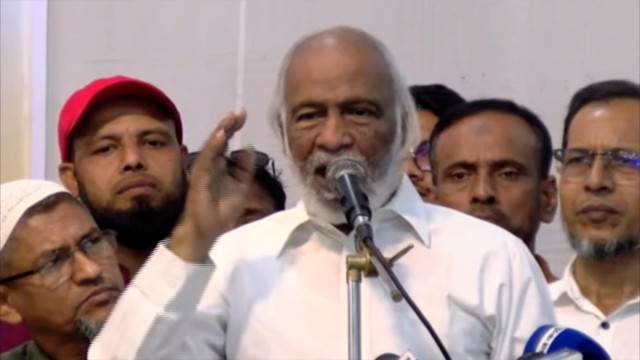
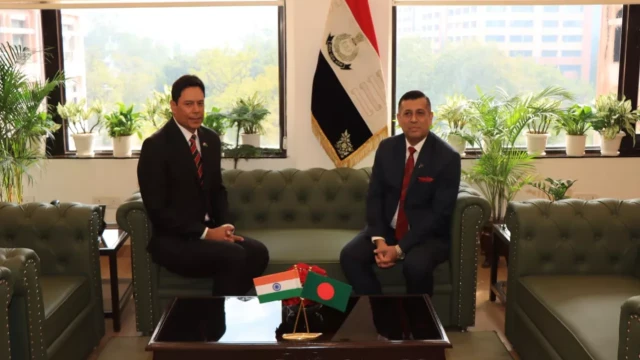
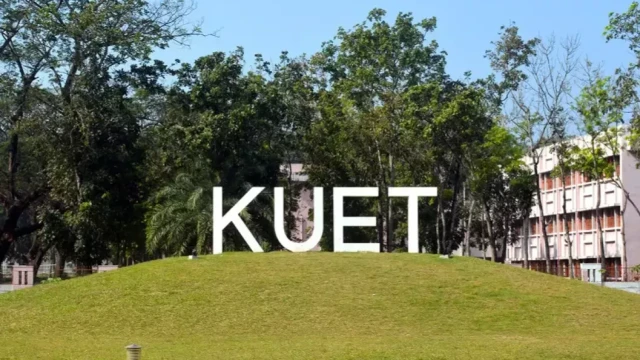

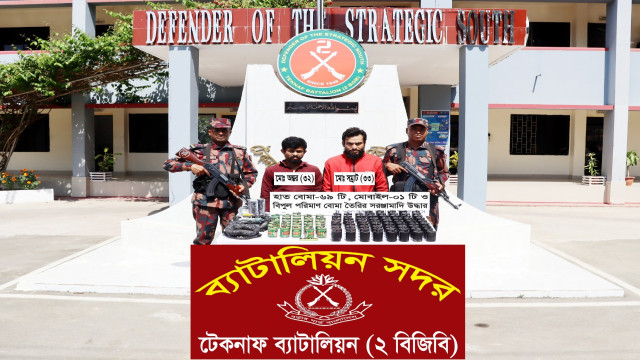
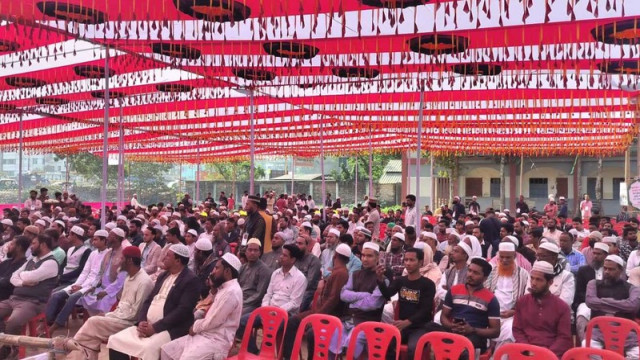
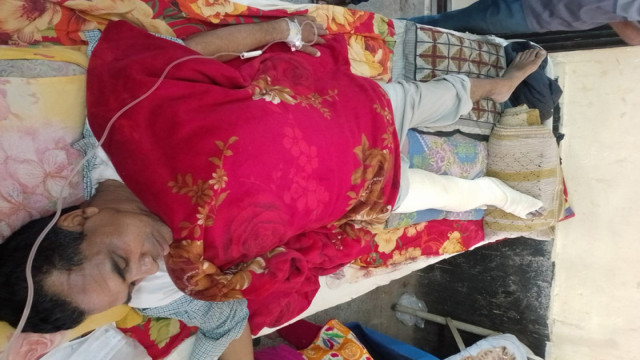
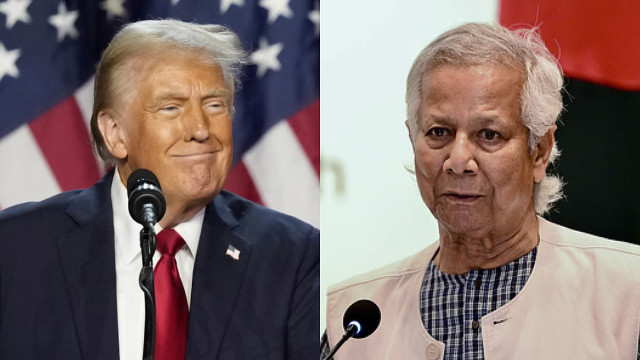
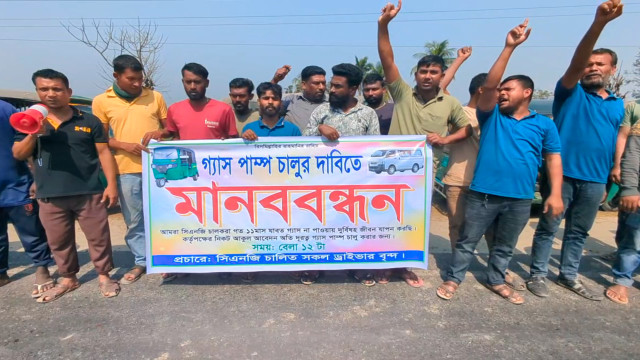
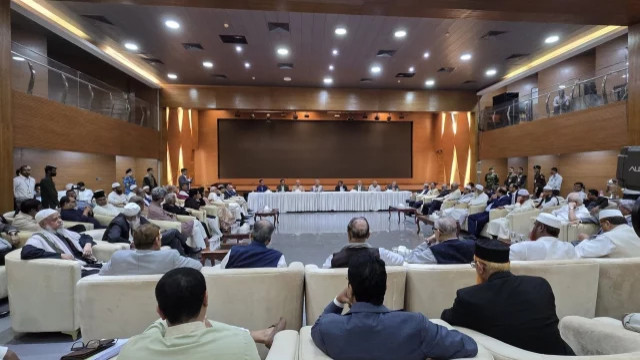
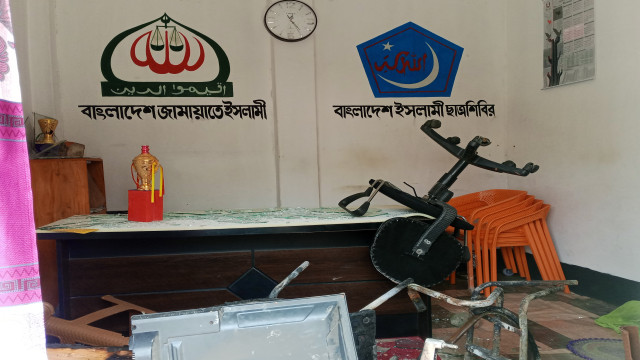
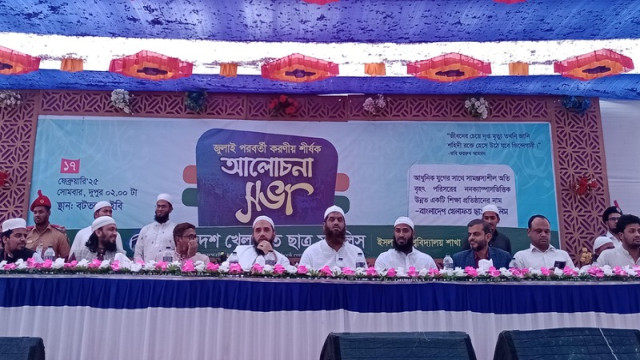
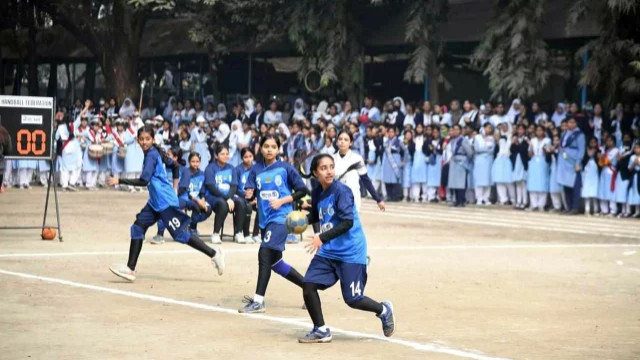
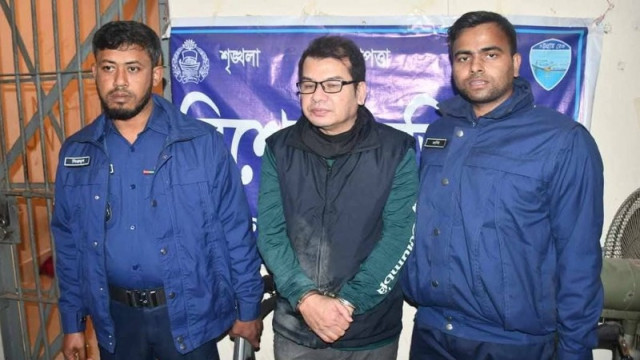
Comment: